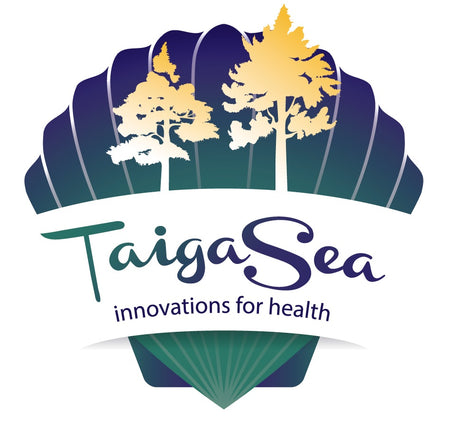Rhodiola rosea
Rhodiola rosea also known as Golden root is a Traditional Chinese Medicine and Scandinavian herb touted to promote physical and cognitive vitality. From the ancient times it was proved to reduce fatigue and exhaustion in prolonged stressful situations.
Folk medicine of ancient Atlai tribes commonly used various remedies with Rhodiola rosea roots. They were helpful for stimulation of immune system, normalization of blood circulation in brain, improvement of gastrointestinal motility, and regulation of hormone metabolism. Rhodiola rosea was shown to possess various benefits for human health.
Frequently Rhodiola roots were used for the treatment of headache, fatigue, fever, respiratory infections, anemia, diabetes, liver disorders, and hemorrhages.
Rhodiola rosea roots were always given to people climbing high mountains as it enhances resistance of the body systems to the reduced level of oxygen.
It was thought that someone who find Golden root would gain health and luck.
Wild growing Rhodiola rosea contains two types of glycosides responsible for its biological activity – rosavins and salidrosides. Their highest amount of them is found in roots and rhizome of Rhodiola rosea plant.
 Rosavin
Rosavin  Salidroside
Salidroside
Glycoside contents may significantly vary, but, generally, plants growing in high altitude wild areas contain much higher concentration of glycosides providing health benefit properties.
We understand what mechanisms are involved in Rhodiola rosea biological activity. Rosavin and salidrosides:
- Exert antioxidant activity;
- Regulate key mediators in brain;
- Inhibit the stress-induced hormones in adrenals;
- Increase glucose uptake by muscle cells;
- Enhance humoral and T-cell mediated immunity.
All these mechanisms are boosted by Rhodiola rosea glycosides and provide health improving effects such as:
- Reduced fatigue and asthenia;
- High resistance against cold and flus;
- Improved physical fitness, psychomotor function, mental performance, and general wellbeing;
- Improved sleep patterns and reduced need for sleep;
- Greater mood stability and greater motivation to work and study;
- Protection of cardiovascular system against various stress factors.
Now, we can see that Rhodiola rosea acts as an adaptogen strengthening the body and helping it to resist harmful ambient factors.
References:
Petkov VD, Yonkov D, Mosharoff A, et al. Acta Physiol Pharmacol Bulg 1986;12:3-16.
Germano C, Ramazanov Z, Bernal Suarez M. Arctic Root (Rhodiola Rosea): The Powerful New Ginseng Alternative. New York, NY: Kensington Publishing Corp; 1999.
Spasov AA, Wikman GK, Mandrikov VB, et al. A double-blind, placebo-controlled pilot study of the stimulating and adaptogenic effect of Rhodiola rosea SHR-5 extract on the fatigue of students caused by stress during an examination period with a repeated low-dose regimen. Phytomedicine 2000;7:85-89.
Udintsev SN, Shakhov VP. The role of humoral factors of regenerating liver in the development of experimental tumors and the effect of Rhodiola rosea extract on this process. Neoplasma 1991;38:323-331.
